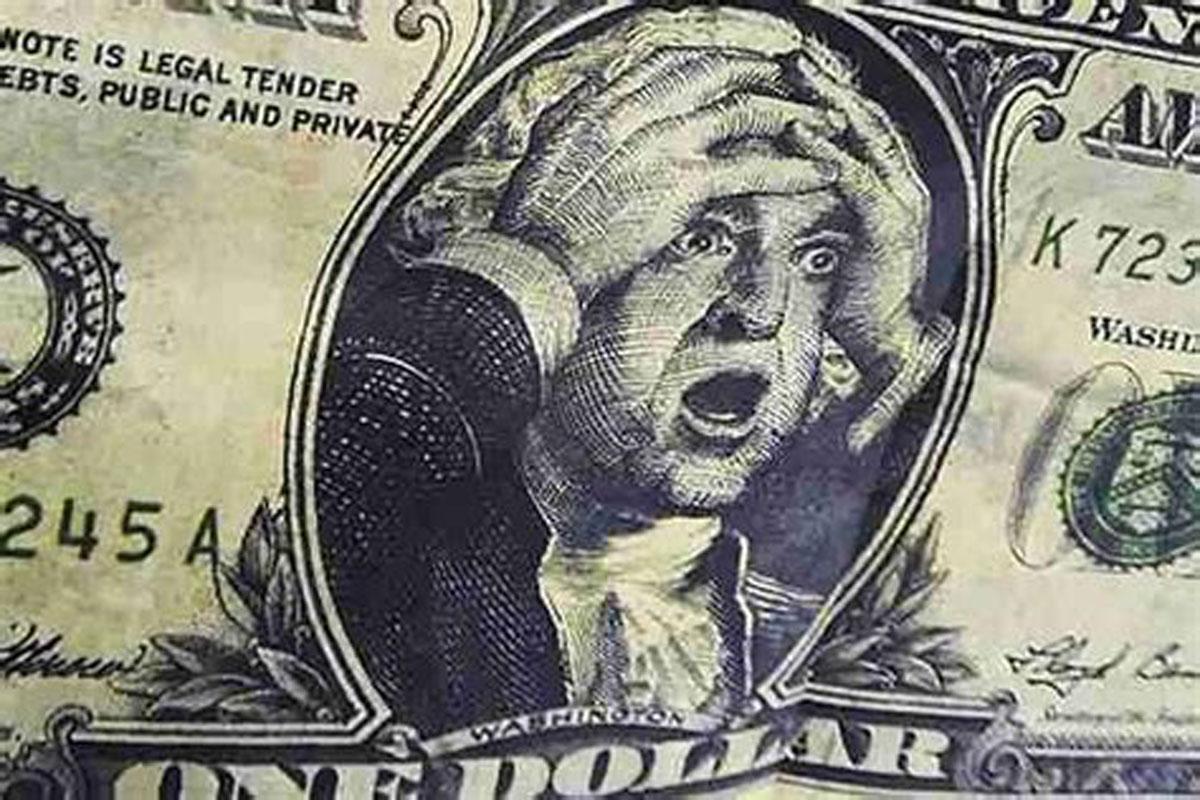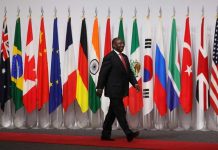Africa-Press – Mauritius. Every night I ask myself why all countries have to base their trade on the dollar. ” That was Brazil’s president Luiz Inácio Lula da Silva in a speech last month at the New Development Bank in Shanghai, known as the “BRICS Bank”.
Putting the hyperbole — or should be call it poetic license? — aside, Lula has been vocal, even impassioned, about ending the monopoly of the US dollar as the world’s reserve currency.
“Why can’t we do trade based on our own currencies?” he added, drawing loud applause from the audience of Brazilian and Chinese attendees.
“Who was it that decided that the dollar was the currency after the disappearance of the gold standard?”
2023So, what is behind this move to replace, even abandon the use of the dollar as the medium of exchange and pricing in international financial transactions, as does it have any serious traction?
People who are accustomed to the dollar’s stranglehold on international transactions may be tempted to dismiss Lula’s ramblings, and indeed the expressions of the Chinese, Indians, Russians, Iranians, South Africans, and even the Saudis as crackpot ideas.
Not so fast. There has probably been a reserve currency in some form or other ever since nations traded with each other. In early times, gold or silver, even precious stones may have served the purpose.
As European colonial powers dominated the world’s trade routes, it was no surprise that the currencies of Spain, France and England were used as the medium of exchange at various times.
For the British economy, the chickens finally came home to roost after the toll of World War I and World War II, as well as the costs of managing the Empire took their toll.
It is well known that large stocks of gold were shifted to New York after World War I as it was deemed a safer place to keep one’s assets. The roaring bull market of the 1920s gave overseas investors a chance to ride the American wave.
After World War II, America was the dominant world power and New York its financial capital. The Bretton Woods Agreement of 1944 cemented the role of the dollar as the world’s reserve currency as the reign of British Pound Sterling ended.
Ever since President Nixon ended the gold standard, the dollar has no longer been backed by a store house of gold, but by the full faith and credit of the United States.
Not unsurprisingly, although the full faith and credit of the United States have long been considered unimpeachable, since the early 1970s, as US deficits and debts mounted, there has been a chorus of calls to replace the dollar with something more reliable and dependable.
But what could replace the dollar and we might ask why indeed is the dollar so dominant? A simple answer to the first question is that there really is nothing viable to replace the dollar.
On the other hand, since the dollar is backed by nothing other than the ephemeral trust people put in the US government to honor its debts, why would it be so difficult to use another medium, say the Chinese Yuan? China’s economy is the second largest in the world and most of the world’s nations have China as their primary trading partner.
Or why could we not use some form of cryptocurrency especially if all nations agreed to honor its value? But wait, isn’t the Euro really a form of cryptocurrency, something that was created out of thin air and suddenly people began trading in it because for them there was no alternative?
For More News And Analysis About Mauritius Follow Africa-Press







